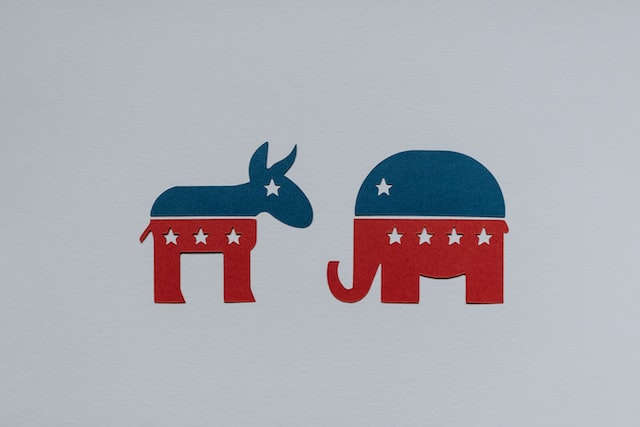Partisan refers to having or showing strong, often unfair support for a particular person or group. Bipartisan refers to cooperation or agreement between two political parties. In other words, partisanship is about blindly supporting one side, while bipartisanship is about working together for the common good. Partisan politics refers to the act of voting along party lines, while bipartisan politics involves working across party lines. A nonpartisan politician is someone who does not belong to any political party or who deliberately distances themselves from party politics.
Partisan
The word partisan can have a few different meanings, but most commonly it refers to a strong supporter of a particular political party. A partisan politician is someone loyal to their party only. In a partisan situation, one party is usually trying to advance its agenda.
Bipartisan
The word bipartisan refers to an agreement between two political parties. A bipartisan bill is a piece of legislation that has been agreed upon by both parties. Bipartisan cooperation is when both parties work together to reach an agreement. In a bipartisan situation, both parties are working together to find common ground.
The pros and cons of partisan and bipartisan politics
Partisanship can lead to gridlock and division, as each party tries to push its agenda. This can make it difficult for the government to get anything done. On the other hand, bipartisanship can also be problematic, as it can lead to compromises that are not in the best interests of either party or the country as a whole.
Can judges be partisan?
In a democracy, the judiciary needs to be nonpartisan. This means that judges do not support any particular political party or candidate. Instead, they make decisions based on the law and the Constitution.
Where does the term partisan come from?
The term partisan comes from the Latin word partīs, meaning “party” or “faction.” In politics, a partisan is someone who is strongly committed to a particular party or political faction. Partisanship can be a positive force in democracy, motivating people to get involved and stand up for their beliefs. But it can also lead to negative outcomes, such as gridlock and polarization.
Bipartisanship, on the other hand, is when two parties work together cooperatively. This happens most often in times of national crisis when both sides feel it is more important to agree than to stick to their ideological guns. Bipartisanship can also be seen as a way to build consensus and move forward on important issues.
How do you use partisan in a sentence?
When used as an adjective, partisan refers to someone who is strongly committed to a particular party or group. For example, “She is a partisan Democrat who always votes along party lines.” When used as a noun, partisan refers to a member of a political party. For example, “The partisans in Congress are unwilling to compromise on their positions.”
What’s a nonpartisan election?
A nonpartisan election is an election in which candidates are not nominated or supported by any political party. In some cases, voters may be asked to select candidates from a list of all eligible candidates, without any indication of which candidate is affiliated with which political party (if any). Other times, nonpartisan elections may be held alongside partisan elections, with each voter being able to choose which type of election they would like to participate in.
Photo by Kelly Sikkema on Unsplash








